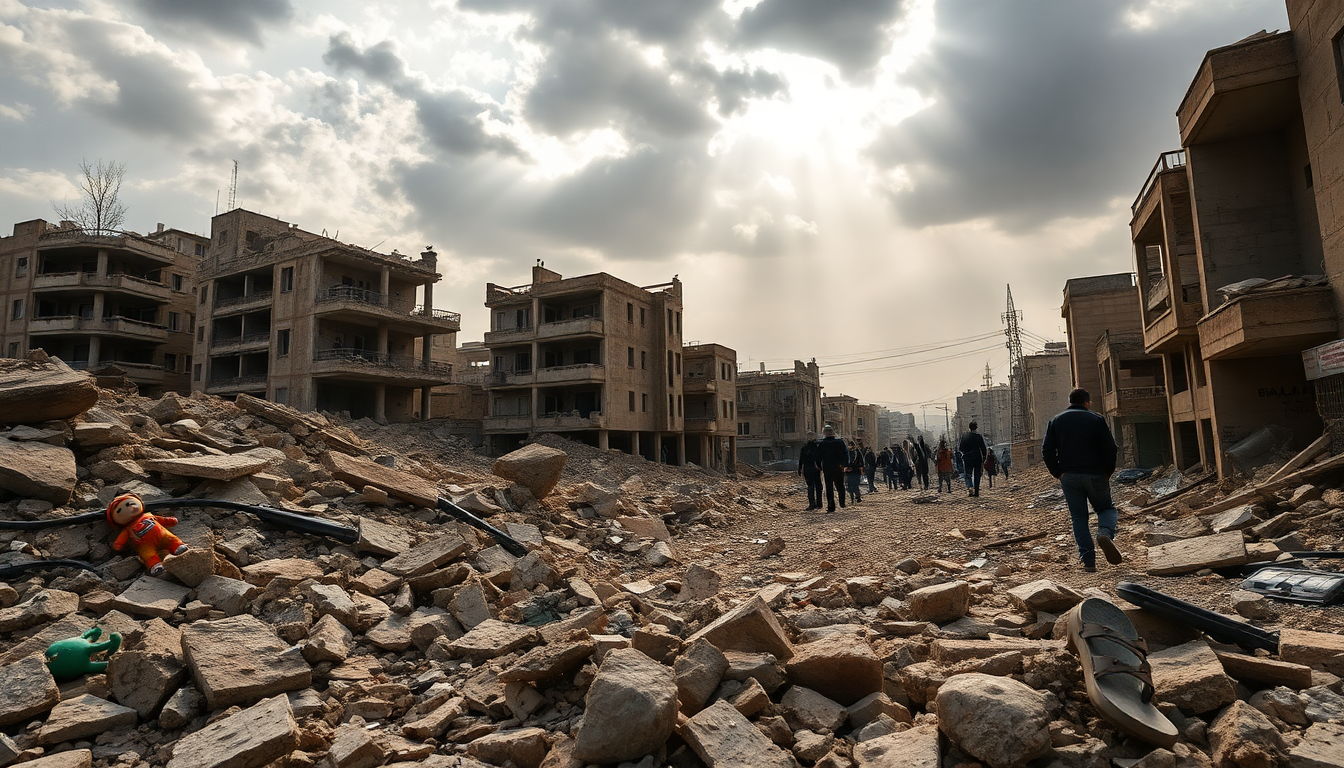Table of Contents
The recent surge in military conflicts in Lebanon has starkly highlighted the devastating effects of airstrikes on civilian lives. Just think about it: after an attack on a residential apartment building in Nabatieh, reports emerged detailing not only casualties but also injuries among innocent civilians. This situation brings to the forefront the harsh realities of ongoing military operations in the region. With tensions flaring between Israel and Hezbollah, one can’t help but wonder about the future of peace and security in southern Lebanon.
Overview of the recent airstrikes and their consequences
In a troubling update from Lebanon’s health ministry, it was confirmed that at least one person lost their life and several others were injured due to Israeli airstrikes targeting Hezbollah-related sites. These strikes, particularly one that hit a residential building in Nabatieh, have captured significant attention from both local and international observers. When airstrikes target civilian areas, it really underscores the precarious situation faced by residents caught in the crossfire of military actions.
The Israeli military has justified these strikes by claiming they were responding to threats from Hezbollah, focusing on underground sites used for weaponry and defense systems. Yet, the collateral damage inflicted on civilian infrastructure raises critical ethical and humanitarian concerns. According to the health ministry’s report, these airstrikes not only resulted in tragic fatalities but also left numerous individuals wounded, including women and children. This highlights the stark human cost of such military engagements.
The ongoing conflict and its implications for regional stability
Lebanon’s President Joseph Aoun has been vocal in criticizing Israel for allegedly breaching the US-brokered ceasefire agreement, which was supposed to establish a period of calm after a prolonged conflict. This ceasefire aimed to keep southern Lebanon free from non-state armed groups and to halt all military activities along the Lebanese-Israeli border. However, the ongoing presence of Israeli troops in various posts within Lebanon and their continued air raids complicate matters, perpetuating instability in the region.
The balance of power in southern Lebanon is becoming increasingly fragile due to these military actions, raising fears of a possible resurgence in conflict. The Israeli military insists that their strikes are vital for national defense, but this begs the question: at what cost? The ongoing strife not only impacts those directly involved but also poses a significant threat to regional peace and security as the cycle of violence continues to spiral.
Looking ahead: The potential for peace and the role of international diplomacy
As tensions persist, the international community is watching closely, with growing concerns about the potential for a broader conflict. There has never been a greater need for effective diplomacy and conflict resolution strategies. Could addressing the root causes of the conflict and fostering dialogue between Israel and Hezbollah be the key to lasting peace in the region?
In the midst of ongoing hostilities, it’s the local populations that bear the brunt of military actions. The international community must prioritize humanitarian efforts to support those affected by the violence, ensuring that civilian needs are met amidst the chaos. The hope for a peaceful resolution ultimately depends on the ability of both regional and international actors to navigate the complex landscape of Middle Eastern politics, focusing on stability and the protection of civilian lives.


